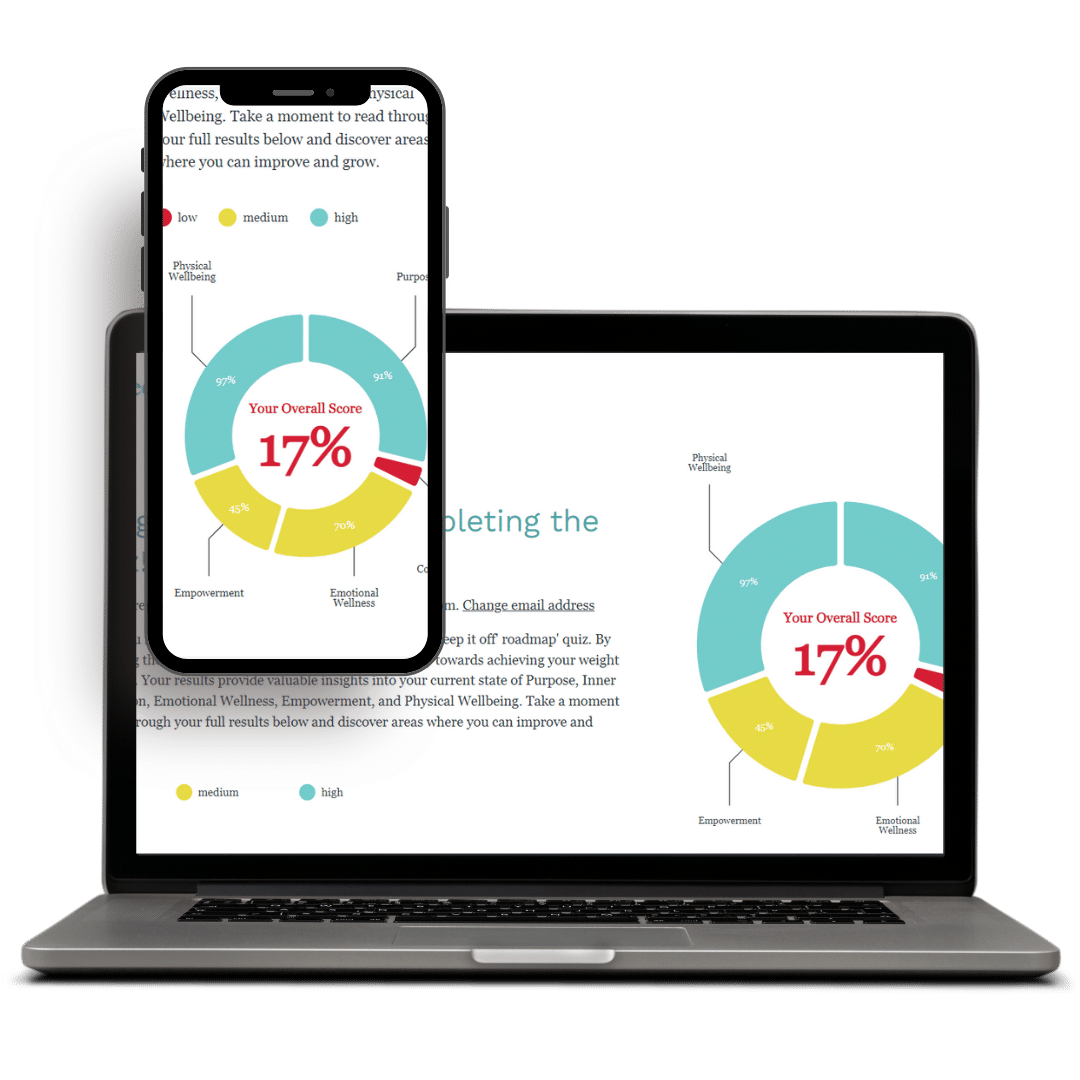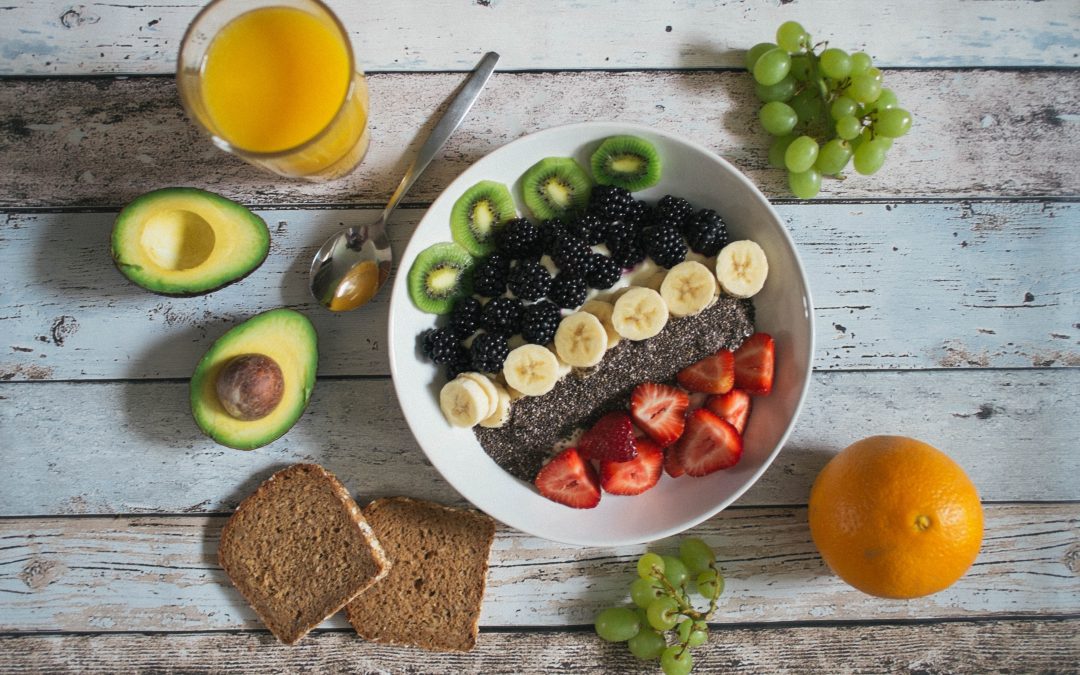My friend is a big overeater and she struggles with it and wanted to know can Hypnosis cure overeating and I thought you might too. In this post, I’ll share with you exactly what I told her about why you overeat and how she can use hypnosis to cure overeating.
Can Hypnosis Cure Overeating
Hypnosis or hypnotherapy makes us hyper-aware of our overeating habits and behaviors, reframes our negative responses around overeating while resolving the root cause of overeating. Hypnotherapy also re-trains your brain to have automatic habits, behaviors around how you respond to overeating from negative into healthy and sustainable eating practices.
What are the signs of overeating
Overeating is eating when you are not hungry and continuing to eat even though you are full. Not to be confused with Binge eating, basic overeating happens when you know you have had enough but are distracted and don’t realise and you’ve kept eating or you any enjoying the food and continue to eat purposely.
What happens to your body when you overeat
When you overeat your body is challenged in many ways. The most Commonly known issues are your stomach stretches to fit the amount of food you eat.
Most of the time your stomach goes back to normal but if you are a long term overeater, of say 6 months or more you may find it very difficult to shrink that stomach back because the fibers in the muscles may have stretched and broken resulting in permanent damage.
So read on
If you are a long term overeater and have stretched your stomach you will need more and more food to feel full making it very difficult to lose weight at all no matter how healthy you are you will always feel like you are starving and won’t be able to stick to any diet long term.
Many overeaters turn to gastric band surgery or gastric sleeve to cut the stomach down to a golf ball size. The operation is expensive and intrusive with according to this 2012 study a 0.01% mortality rate, 5% serious complications with on average 65% weight loss average and 85% losing and maintaining. Other things to consider is the potential need for re-operation and the long-term consequences requiring lifelong monitoring and medical care.
If you could have this operation and 1% of the cost without the invasive surgery, health risks, and life long health care would you jump at it? I know I would.
More on that shortly
How hypnosis cures overeating
While in a hypnotic state hypnotherapy techniques are used to find the root cause of why you overeat, retrain how you learned how to overeat, reframe thoughts and feelings around overeating, boost motivation, grow confidence and add memories like a Gastric Band Operation.
Hypnosis is a relaxed state, not asleep and not awake. In this relaxed hypnotic state, your brain waves are slow and deep. This slow and deep brain wave state is where you store your habitats, behaviors memories and what you have learned.
When in this relaxed state of hypnosis it helps you access your thoughts and feelings, and lessons you learned around eating that are stored in these brain waves.
Stick with me it gets better
Hypnosis can also trick your mind into believing that your stomach is much smaller by taking you hypnotically through he gastric band procedure and hypnotically shrink your stomach down to the size of a golf ball.
If you want to know more about the Virtual Gastric Band we have a whole post you can divulge by clicking here.
What are the dangers over overeating
Apart from stretching your stomach, consistent overeating can lead to obesity, weight gain, bloating, heart disease, liver damage, emotional distress, and other serious illnesses.
Overeating may lead to binge eating causing long term health issues, eating disorders and in some cases of death. People have actually eaten so much they have ruptured their stomachs and died.
Even overeating on occasion can have dangerous effects on the body. Your body doesn’t know this is a one-off occurrence so it goes into overtime trying to process the food and puts a strain on all your organs, nervous system and creates stress in your body.
If you are sensitive to stress you may also be getting a dose of the fatty stomach making cortisol with your insulin and cholesterol spikes.
So what do you do?
What should I do after overeating
Ok, you’ve overeaten, let’s deal with it in a healthy way. No need to bury your head in the sand, or punish yourself, rather let’s just have an honest and open conversation with ourselves. To build Healthy mind practices, get the tools you need to process, learn how to have the tough and honest conversation with yourself.
After overeating do a spot check;
- Check-in with yourself: ask your self the important questions;
- Why did I overeat
- When was the last time I overate
- Do I have a problem
- Do I feel any guilt or shame or any other emotion
- Do I need help
- Am I ok
- What are my health goals
-
- Re-connect with you have
- Remember the why
- Double-check your progress, how far you’ve come
- Make/adjust goals as needed
- Keep your goals in plain sight
- Read your goal every day
- Have I got my plan in place for my goals
- Set up food prep days or planing days
- Keep your plan in plain sight a plan a day keeps the doctor away

Discover Your Weight and Wellness Score
…and discover the key to lasting wellness.
The Keep it Off Scorecard benchmarks your ability to make lasting changes, lose weight naturally and keep it off. If you to love your life, love who you are at your core and love food again, this tool will identify your baseline.
Take this scorecard and find out how ready you are to Keep It Off – and receive a report that’ll tell you what to work on to make it happen.
Why do we overeat
We may overeat at times when autopilot is kicked in, we are not mindful of what we are doing or we have an underlying issue around food.
Let me explain
1. Autopilot – Automatic Behavior
Your mind wants to work more efficiently so you can get through more in a day, like eat, talk, work, walk, etc. If you had to consciously think and instruct everything you had to do step by step it would take you an hour to just put your pants on. Try it, see how annoyingly frustrating it is.
This is why we have automatic habits and behaviors, this is why when we first learn something it’s difficult, even overwhelming at times. Because your mind is learning the step by step instructions. After some time your mind knows the step by step instructions and you find doing a task easier, then after time you no longer think of each step and you perform the task while talking or thinking about something else.
Eating is just another habit you’ve learned and you can also eat on autopilot. Most of the time you will just automatically finish eating when your plate is empty even if you didn’t need it all.
Has this happened to you?
Remember those dinners out, with a group of people and you were busy talking and eating, which in turn slowed down your eating, you felt full halfway through, you feel wasteful so you eat a bit more you push your plate forward but didn’t realise that while you were talking you kept picking at the food. Before you know it you ate it all, your stomach is aching as you start to feel the stretch.
You were eating on autopilot, mindlessly, while distracted. Sneaky little mind!
2. Eating too quickly
When you eat really fast it doesn’t give you or your brain time to process or even enjoy what you are eating its not new news that your stomach needs time to send signals to the brain to say it’s full. If you eat really fast it doesn’t allow that time to pass.
You’re in a hurry, you only have a half-hour lunch break, you’re starving and you need to least get in 5 games of candy crush. Challenge accepted you say! Next thing you know your back to work but need that ofter lunch nap.
3. Emotional Attachments
Emotional attachments to food can form in our early years. They say that anything that happens between the ages of 5 and 12 can stick with you until adult years.
We see the world so differently, as a child, our brains are not fully developed and we can unconsciously or consciously interpret actions or words of our parents in ways they are not intended.
Let me give you an example
Do you remember being told to eat everything that’s on your plate or you’ll be sent to your room or you were yelled at or made to feel guilty like being told there are starving children around the world and you’re being wasteful?
Your parents are just trying to get you to eat, they worry you’re not eating enough or don’t eat enough and they’ve tried everything for this to change.
Our parents were trying to do their best for us but a small undeveloped mind might interpret these requests from our parents differently.
So what does this mean for you
As mentioned earlier in this post our brains want to work more efficiently so it creates automatic habits and behaviors and also beliefs. Food, eating, and our emotional responses don’t get a free pass, they too have their own set of autopilot behaviors.
Not everything our parent said or did has a negative effect on us but to give you an example of what can happen, below is how these innocent interactions may have developed over time into adulthood;
- We may feel guilty as an adult if we don’t eat all our food, (remember the starving children) or
- We Want to eat all our food to please someone or get an approval if you were punished for not finishing everything on your plate.
- You may relate feelings of approval and love if you were praised when you ate everything on your plate. therefore eating everything may give you feelings of comfort and love.
Most of these can be fixed pretty easily through hypnosis by for example getting the adult part of the brain to guide the child part and reframing the belief system in place.
4. Eating disorder or Binge eating disorder
An Eating disorder is a serious mental illness. To be in the category you will have regular episodes of binge or overeating where you feel you no longer have any control or unable to stop.
Compulsive overeating includes but not limited to:
- Binge eating or uncontrollable eating
- Eating much more than normal
- Hiding your consumption of food from others
- Guilt and shame around and after eating
Any advice in this post is of a general nature and for basic infrequent acts of overeating. If you feel like you may fall into this category please call your local mental health helpline or talk to your doctor about how you can get help.
What is food addiction
Food or eating addiction is the inability to stop eating or compulsive eating of high sugar or high fatty foods. You eat these unhealthy foods knowing they are no good for you but you can’t seem to stop.
What causes food addiction
Junk foods loaded with sugars, fats and salts may cause food addition as they affect the neurotransmitters in the brain, releasing hormones like dopamine, affecting the biochemistry of the brain, leaving you with a temporary high or good feeling.
The body also says “oh we have enough dopamine now so I will stop producing it”, reducing the number of dopamine receptors, leaving you feelings of unhappiness or depression.
Just like any addiction, like drugs or alcohol the brain becomes used to the ‘drug’ and builds up a tolerance meaning you need more and more to get the same high. Your withdrawal may express itself in the way of feeling down or depressed or cravings for a junk food hit.
How hypnosis helps with food addiction
Hypnosis can help your food addiction by minimising the withdrawal symptom while promoting positive feelings, motivation, confidence and refocus on healthy food and exercise.
We have some fantastic Hypnotherapy Downloads that focus on Motivation for healthy food that you might like to check out
Click here for Motivation for healthy food
Related questions
How Hypnosis can stop stress overeating
Stress eating is a coping mechanism for stress. Its an emotional response to an emotional and physical problem. You may be eating as a distraction to a stressful situation or you may be looking for something to calm you down.
Here’s an example
You’re in a stressful situation, your mind is in a fight, flight or freeze mode, cortisol is pumping through your body. Logic and reasoning are shut down and your body and mind are in survival mode.
Let’s break this down
Your mind wants to protect you, it just wants to get you out of this stressful situation and it has some basic responses on hand ready to help.
Your mind is looking for an out, cortisol is racing through the body affecting your appetite while stimulating cravings for food. Your mind has found a quick out and if you eat junk food you also get a hit of dopamine. You can see how you can easily deal with stress by eating!
Our mind is amazing the way it looks after us but I can also work against us.
The good news
Now you know, the more you read and educate yourself about what is really going on the more power you have.
Your internal dialogue changes from “I’m hopeless why do I eat when I’m stressed” to “oh I’m stressed, I feel triggered right now to eat, I know what that is, I’m going to meditate or listen to relaxation hypnotherapy”.
100% different result, nothing changed, you didn’t attend a 4-hour seminar on stress eating, you didn’t change anything other that think differently at that moment. Simples.
How do you control eating too much
Most people will rattle off things like drink water and slow down your eating, eat mindfully, etc. These are all fantastic suggestions, they work l but why don’t you use them?
We have a massive disconnect from our mind and bodies, often separating the two as if they are individual pieces of us rather than this amazing and complex system that allows us to live.
What I would suggest, to try to control eating too much would be to stop trying to control anything at all. Stop thinking about how you can control eating too much and focus on how you feel instead.
Just sit in the feelings around eating too much, quiet the mind and connect with how your body feels right now and you may be surprised what you discover.
MINDSET

Embracing Emotional Eating: Nurturing a Positive Relationship with Food
5 MINUTE READ In the...
WEIGHT LOSS HYPNOTHERAPY

Virtual Weight Loss Injection Pen Hypnosis
Virtual Weight Loss...
NUTRITION

Moist and Light Flourless Carrot Cake
Moist and Light...

